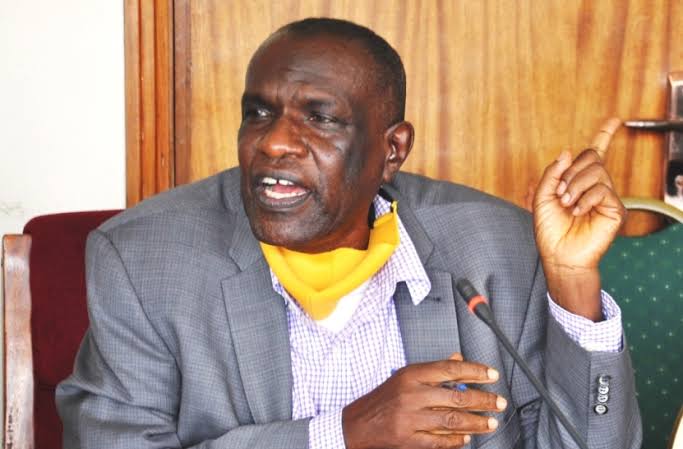There is still a profound lack of confidence in Uganda’s healthcare system, no matter what new developments have taken place over recent years. And the contradiction is that the undermining of the system is by our own Minister of Health and senior ministry officials who frequently advise that the best place to go for treatment is outside of Uganda. I can understand this advice on the basis of determining the global centre of excellence for a certain condition, but the Minister of Health of any country is admitting the shortcomings in their own health system when they advise someone to seek treatment abroad.
This would be a great source of embarrassment if it happened in Europe, but it has become so common in Africa for leaders to be treated abroad that it is the accepted norm. It follows that any person with resources automatically feels that treatment abroad is the best course of action. This becomes a vicious cycle, since the more people who fly out, the less confidence there is in what we can offer within Uganda. This has now reached the ridiculous stage where Ugandans fly to Nairobi to be treated by Ugandan doctors who have moved across the border.
To make matters worse there is often a tacit antipathy by those in the public health sector towards the development of facilities within the private sector. This may be because improvements in the private sector highlight the gaps in the public sector, so there are those who would prefer patients to fly out, rather than admit that the private sector is capable of sophisticated treatments at home. The other side of the coin is that if a prominent person chooses to stay within Uganda and has a poor outcome, the hospital will be assumed to be negligent, therefore many private hospitals are happy to let such a person go if they know that the outcome is likely to be poor anyway. Perhaps the President thought he would break this cycle by asking Parliament to sanction the huge loan of $370 million for the construction and operation of the International Specialist Hospital, but this project seems to have stalled.
There is no perfect healthcare system in any country that can handle every rare and complex condition, but most countries seek to build up their level of competence and expertise by developing both the public and the private sectors. In India the private sector has become highly developed while the public sector is less well developed, which means that middle class Indians generally use private facilities. If we look across the border to Kenya, the public system is not so dissimilar to our own, but this has not prevented Aga Khan or Nairobi hospitals from developing a high (and expensive) level of care.
The organization of such health systems may not be the most equitable but they have shown measurable improvement in being able to look after a wide range of conditions within their own borders. The undermining of the healthcare system in Uganda, both public and private is due to the mentality that nothing can be done right within Uganda, but the Uganda healthcare system can actually handle all the common conditions and in many cases patients fly out unnecessarily. One also has to accept that there are specialized conditions for which the Uganda healthcare system is not yet equipped, and in such cases patients (who can afford it) should seek treatment abroad, as was the case with the late Speaker.
In order to improve what we can offer in Uganda the public and private health sectors should work together to develop facilities and expertise that expand the level of care within the country. But for this to be meaningful, the public sector would have to start seeing the private sector as partners and not competitors. In India and Kenya the public sector has concentrated on providing facilities for the common conditions, while encouraging the private sector to deal with the more specialized conditions. In Uganda the public sector believes the private sector cherry picks the easy conditions, while referring the complex conditions to Mulago – which may have been the case in the past but is not true today. Working with the private sector also does not mean quasi-privatizing various parts of Mulago into institutes to compete with real private facilities.
The Ministry of Health should stop paying lip service on public private collaboration and should hold a meaningful public private dialogue in which the various players demonstrate their capabilities or commitment to develop certain specialties. A roadmap can then be drawn to improve Uganda’s healthcare coverage across the board.
Do you have a story in your community or an opinion to share with us: Email us at Submit an Article









